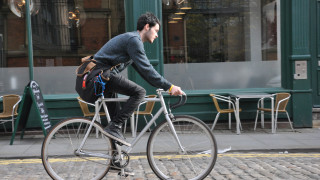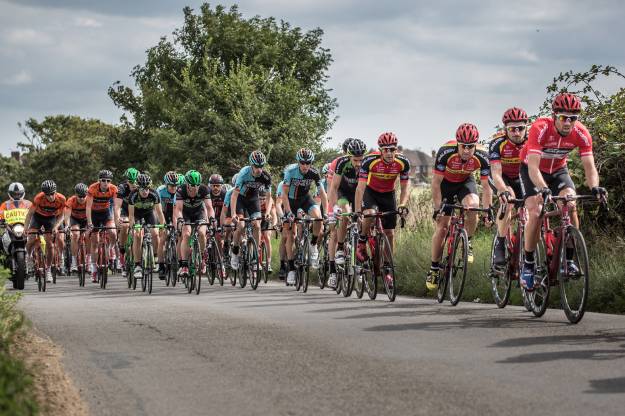Incidents involving uninsured or untraced motor vehicles
In most road traffic incidents members are able to obtain vehicle registration numbers, names and addresses and insurance details of the Third Party involved. If, however, you are badly injured you may not be in a position to obtain such information and may be reliant upon the services of the Police to obtain the relevant contact details.
Unfortunately, vehicles involved in a road traffic incident sometimes fail to stop and/or are uninsured. If the motorist is untraced then there is obviously no identifiable third party against whom damages can be claimed. Thankfully, under an agreement with the Minister of Transport, the Motor Insurers Bureau (MIB) has been set up to handle situations where the negligent Third Party is either untraced or uninsured.
An application can be made to the Motor Insurers Bureau for compensation for personal injuries and losses sustained. Whether your incident was caused by an untraced or uninsured motorist, any claim for property damage such as damage to your bicycle will be subject to an excess of £300 and you cannot claim for this at all if you were hit by an untraced driver and the vehicle was not ultimately identified.
It is vital to report your incident to the police immediately, since the MIB can refuse to consider your claim if you fail to do so. In the case of untraced motorists, the incident must be reported to the police within 5 days and your claim made within 9 months. If you have any concerns at all about the validity of a motorist's insurance cover then again, you must put the Police on notice immediately.
It is helpful to have independent witness evidence to confirm the fact of the incident if the driver has left the scene.
The MIB undertake their own investigations with regard to the issue of liability and consider documentary evidence provided to support the value of the claim to include obtaining medical evidence if you have suffered injuries. The MIB will then decide whether an award is appropriate.
Incidents caused by road defects
Some cases involve incidents that have occurred along a highway, as a result of a bicycle wheel hitting a pothole or other defect in the road. In these cases there is clearly no Third Party involved, and there are unlikely to be independent witnesses to the incident itself. The Highways Act 1980 imposes upon a Highway Authority a duty to maintain a public highway. The fact that an incident has occurred owing to the poor condition of the highway might, at first glance, be thought to be sufficient evidence to prove that the Local Authority were negligent for failing to maintain the highway in a good condition.
However, it is very important to be aware that the Courts have been careful to qualify liability to prevent Local Authorities from effectively being the insurer of all highways users who suffer incidents from minor defects.
In fact, a statutory defence is available to a Highway Authority if it can be proved that the authority has taken all reasonable steps to maintain the highway to the standard necessary to accommodate the ordinary traffic that passes along it. Photographic evidence of the defect is crucial, as it is common for defects to be repaired once an incident has been reported, leaving no evidence of the defect should liability be disputed by the Local Authority. In addition, where possible, measurements of the pothole or defect in the highway should be obtained and an exact description of the location of the defect provided.
Road rage
It is now a fact of life that cyclists may find themselves the victims of ‘road rage' or similar attacks. As Police proceedings may follow, most usually for dangerous driving, assault and criminal damage the Police must be contacted at the scene, or as soon as practical thereafter, so that the matter is reported and full particulars of witnesses obtained.
If a criminal prosecution is successful, Magistrates will usually order the driver to pay compensation to the cyclist, although in some instances this payment is actually insufficient. In this case it is still possible to pursue the assailant further for the correct level of damages, in the Civil Courts, although credit in any subsequent civil proceedings will be given for any award made by a Magistrates Court. The assailant will not be insured in respect of such attacks, so recovery of any award that may be made could prove difficult.
Claims may also be made through the Criminal Injuries Compensation Authority that makes payment on a tariff basis to victims of crimes of violence.
Cycling incidents abroad
Although our solicitors give advice in respect of incidents abroad we are unable to fund and do not actively pursue claims against third parties in these circumstances. In this instance members are advised to obtain adequate travel insurance with legal expenses cover.








